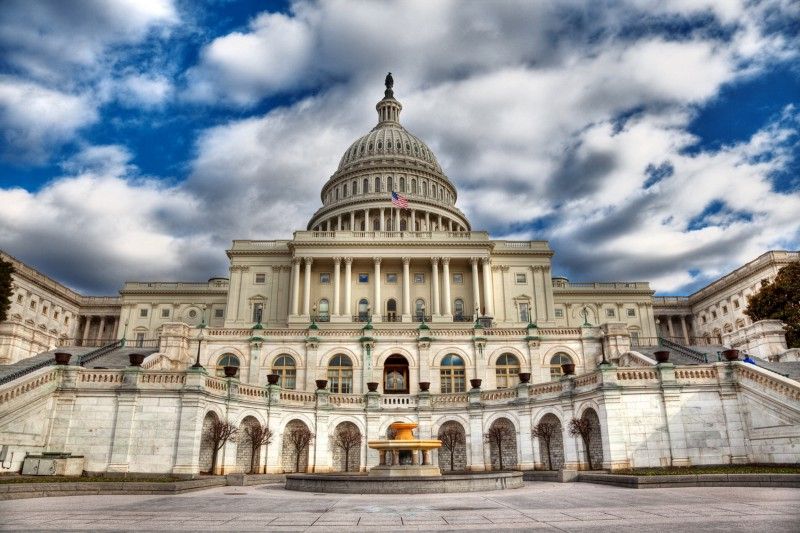Congress roughing up FCC privacy rules?
Yesterday, the US Senate voted to roll back the FCC’s privacy rules, which would have required ISPs and Carriers seeking to use customer…

Yesterday, the US Senate voted to roll back the FCC’s privacy rules, which would have required ISPs and Carriers seeking to use customer data for secondary purposes like online ad targeting, to obtain opt-in permission, among other conditions. While the Senate cannot override the FCC rules on its own, if the House and President take the same position, and one would think they would, these rules will never go into effect.
The arguments in favor of the FCC rules, which put ISPs and Carriers in a unique and more heavily regulated category than the major online only marketing players, always seemed a bit confused in the first place. Among the most popular explanations:
- ISP and Carriers have access to a vastly larger portion of our browsing data. They have access to a more rich stream of data when you are actually connecting through their networks, but traffic is increasingly encrypted and consumers are bouncing across wifi networks in addition to a single ISP/Carrier relationship. Whether or not the ISP/Carrier stream is, on balance, more comprehensive than what a major online provider like Google or Facebook might collect, across networks and devices and across unaffiliated websites that happen to have analytics and connect buttons embedded, is a debatable point.
- ISPs and Carriers operate in a market with little competitive choice, reducing accountability. I don’t disagree with this position on its face, but it’s hard to see markets like search (dominated by Google) or big social (Facebook is the ONLY common social platfom) as more competitive.
The strongest arguments in favor of the FCC rules:
- ISPs and Carriers have presented a specific value propostion to consumers and are already paid handsomely for it. If they want to create secondary streams of revenue, they need to make sure consumers undertand how the value proposition is changing and offer meaningful choice. These are clearly unexpected and potentially alarming uses of cosumer data, including data from a relationship that never contemplated this kind of use, from a very personal commercial relationship (my Carrier/ISP), across channels that the consumer never expected to be linked (my mobile carrier’s knowledge of my application usage patterns linked to ads I see on a desktop in a completely different location). The principles behind tiered privacy sytsems, just in time privacy, and privacy by design, all support the view that these conditions require a high bar for privacy obligations.
- Arguments for rule consistency (particularly between ISPs/Carriers and the major web players like Google and Facebook) are again being used to tear down privacy protections instead of building them up. In a country where our politics make it virtually impossible to set consistent and protective standards across the board, we have been forced to create spot protections for specific areas where we feel most vulnerable, to protect our medical information, health information, our children, and our video viewing history. Critics have the right to moan that these spot protections are inherently uneven and unfairly allow certain companies to ‘get away’ with uses that fall between the cracks of these protections, but unless they propose that we raise the protective floor across the board, they are, in effect, proposing that we dissolve the only protections we have. FTC Commissioner McSweeny stated this case eloquently with Chris Hoofnagle in Wired yesterday.
Regardless of the pros and cons, it appears very likely that the ruling party in Washington is on a path to eliminating the FCC privacy rules.
What this means for the marketing industry:
- Major ISPs and Carriers have been investing significantly in capabilities to leverage their data sets for marketing research and other digital marketing capabilities. Those investments had frozen, and they will now thaw. Expect those capabilities to emerge in market before the end of the year.
- If you see the ISPs and Carriers as potential clients or partners, the land grab begins now.
- Applications of this data are very broad, and go well beyond ‘traditional’ behavioral advertising. Modeling and attribution use cases that preserve consumer privacy and reduce the potential for consumer surprise should be at the top of the list for market players, especially in the first phases.
- Never forget the underlying concerns that the FCC rules attempted to address, regardless of the changing regulatory climate. Meet these concerns head on, in good faith, or non-federal actors, including the press, state Attorneys General, or class actions, will find their way to your door.
